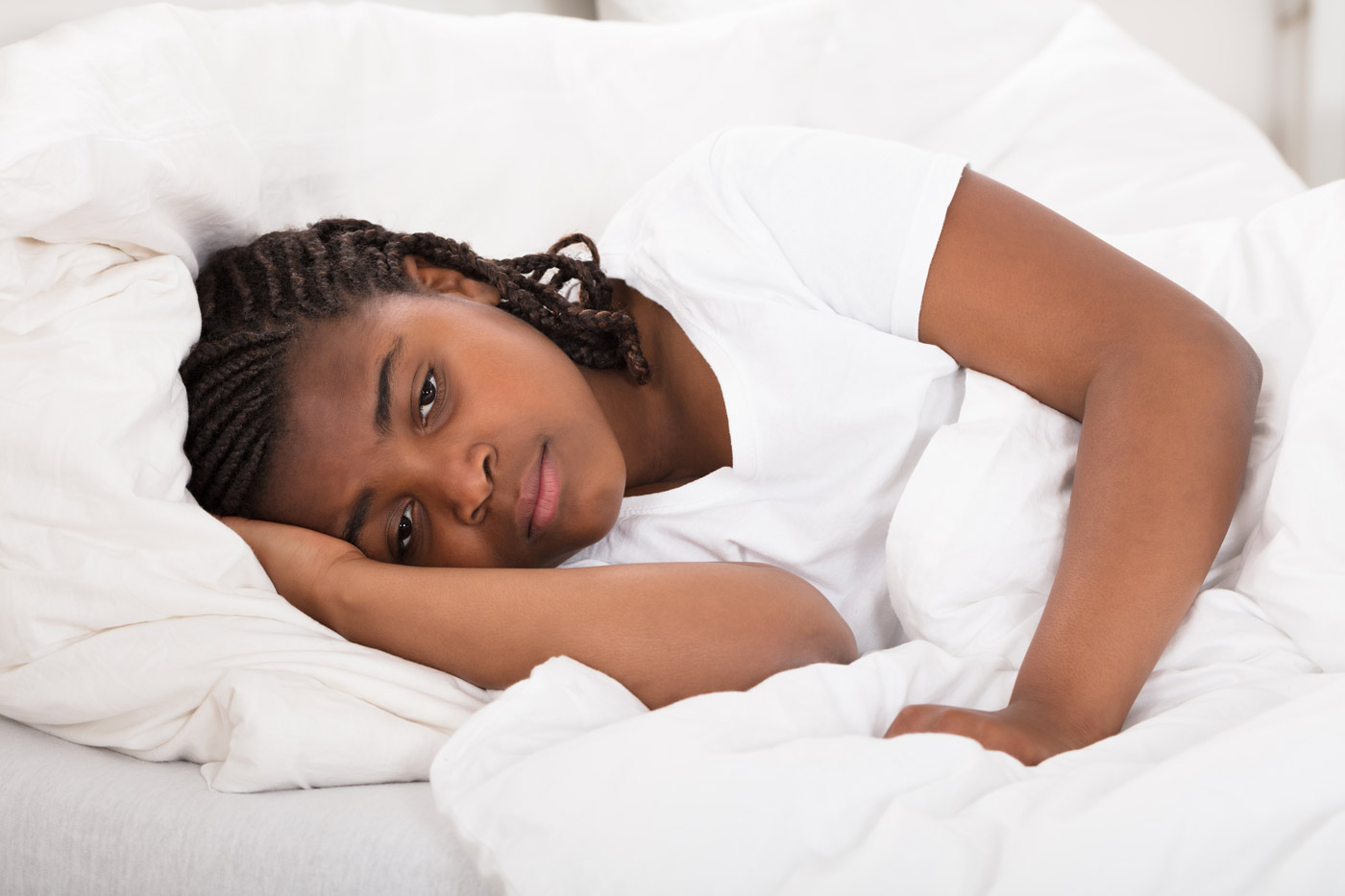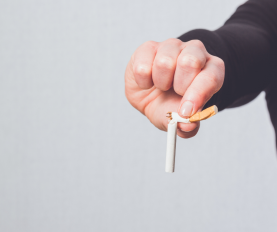The Three Questions You’re Too Embarrassed To Ask About CPAP Therapy
If you’re a CPAP user, you know CPAP discomfort is no novelty. We’ve all experienced the ups and downs of a CPAP machine, especially when we’re just starting our CPAP therapy. The good news is you don’t have to live in discomfort. In fact, there’s a fix for every concern that tops your list—even the ones you may not want to share with us! But we promise you: You’re in good company. All of us have experienced a funny side effect (or two!) of CPAP therapy, so there’s no need to be shy—especially if it’s causing you discomfort.
To save you the discomfort of asking us face-to-face, we’re answering your most common, “I’m asking for a friend” questions about CPAP therapy.
Help! I’m getting tangled in my CPAP hose every night
It may seem silly, but getting tangled in your CPAP hose is so common, there are hose suspension systems for that! These systems simply elevate the hose above your head, so as you toss and turn in the night, the hose moves with you, not around you. (And we sell them at all of our clinics to make it convenient for you.)
Um… I’m getting gas and bloating from my CPAP
You may question if your gas and bloating could really be connected to your CPAP machine, but if it started with your therapy, it probably is. Essentially, your CPAP machine is designed to deliver a continuous airflow to your respiratory system as you sleep—but some users actually swallow said airflow while they sleep. It’s a side effect known as aerophagia, and it can cause uncomfortable gas and bloating by the time the sun rises.
The good news is simply dialing back the air pressure on your CPAP or experimenting with a different mask could solve the problem. Failing that, a BiPAP machine could be your BFF: In a BiPAP machine, the air pressure automatically lowers as you exhale, so you’re less likely to swallow air while you sleep. Of course, you’re not on your own figuring these things out—just book an appointment at your Sleep Therapeutics clinic, and we’ll help you find the right machine and pressure for you.
My CPAP mask makes me feel claustrophobic
Claustrophobia is not reserved for small spaces! As we’ve learned, it can include small masks, too—which makes CPAP a little more intimidating for first-time users. First things first, it’s important to note that all CPAP masks include vent holes, so even if your airflow were to stop in the middle of the night (it won’t!), you’ll still be able to breathe. Locating these vent holes before you start using your mask may help you feel more comfortable with treatment.
Opting for a more minimalist mask may help, too. Forget the full face mask and try a nasal pillow mask, which covers the least surface area of the face (just the nostrils). And, as always: practice! Wear your mask around the house to adjust to the feeling.
Do you have questions about CPAP machines? Contact us to ask yours, or schedule a complimentary sleep consultation at a Sleep Therapeutics in your province to learn how CPAP can help your sleep and health.






